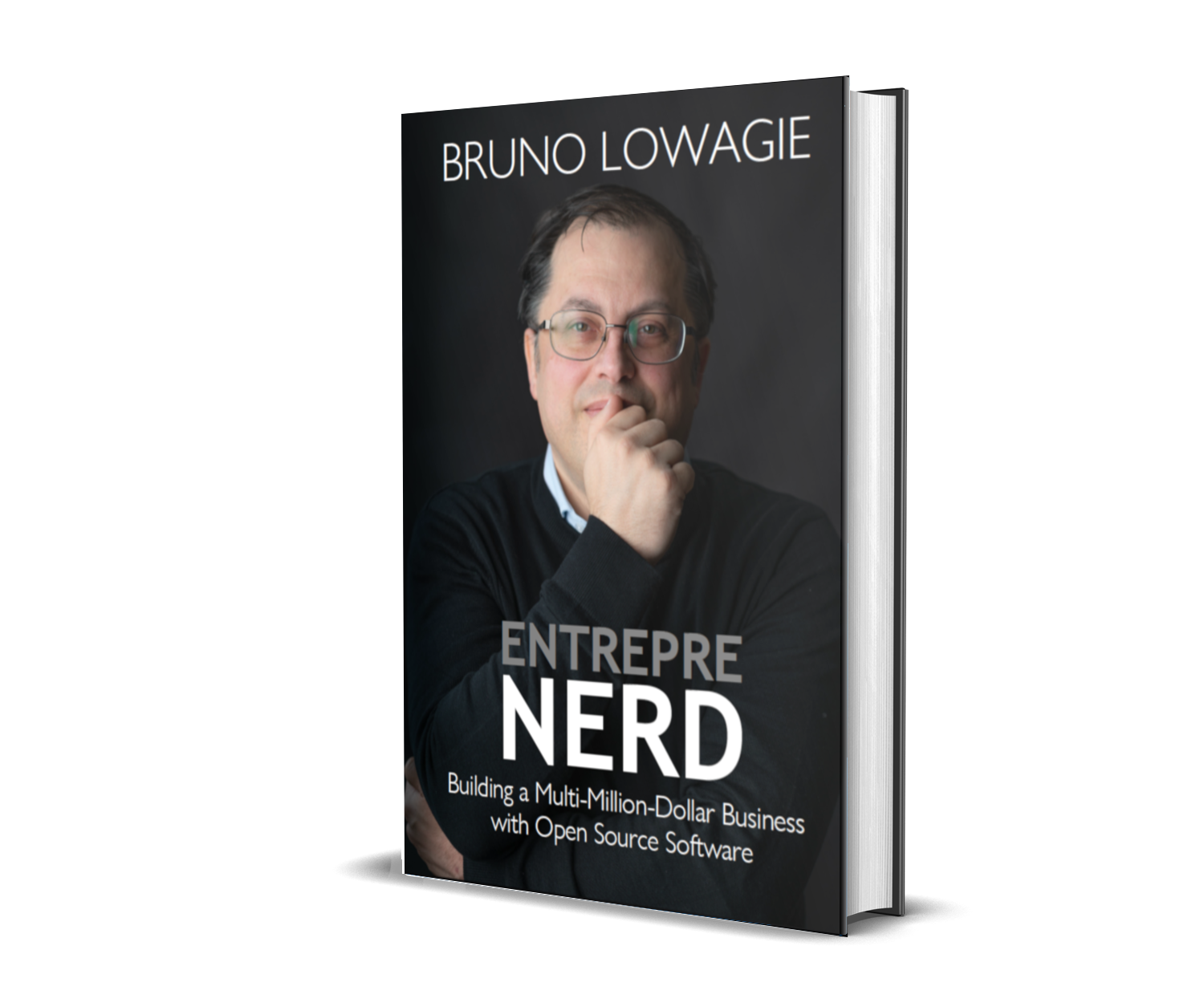0000-07-07
Option 2: The Problem with Finding a Literary Agent
I must admit that I had my doubts if Mr. Jones would be able to help me to get a publishing agreement with Penguin Random House. I would have to start looking for a literary agent. The FAQ on the PRH web site was crystal clear —thou shalt not bypass the system!
I quote: Penguin Random House does not accept unsolicited submissions, proposals, manuscripts, illustrations, artwork, or submission queries at this time. This includes submission of work previously published elsewhere. We are also unable to provide draft support, translation or ghostwriters for aspiring authors. If you would like to have your work or manuscript considered for publication by a major book publisher, we recommend that you work with an established literary agent. Each agency has manuscript submission guidelines.
Once I had finished a raw version of my manuscript, I compiled a list of literary agents who might be interested in representing me. I tailored different book proposals to meet the requirements outlined on the different agencies' web sites. I also put some variation in my introductory emails; no two agents received the same content. In one proposal, I used a formal tone; in another, I was more casual; in yet another, I showed a ballsy attitude.
Most agencies mention that it can take four to six weeks before a request is answered. That probably wouldn't work in my line of work, but I understand that the publishing business is quite different from the IT business. I imagine that literary agents read the book proposals as they arrive, and then have a decision moment every month or so to decide which authors they want to work with. I don't know if my assumption is correct, but that's probably how I would work if I were in that business.
Reading the online tips and tricks about finding a literary agent, I learned that it's very important to read the bio of the person you address. You don't want to send a proposal for a business book to a literary agent who is specialized in Young Adult books.
Quite early in the process, I noticed that it would be difficult for me to find an agent that fit my profile. I found literary agents with a special interest in LGBTQ+ authors, female authors, non-white authors, young authors,... The literary world is amazing! There's an agent for every minority you can imagine!
I am in the privileged position of being a rich, straight, white, male author, aged fifty, and with an unmistakable preference for tongue-in-cheek humor. The fact that I belong to a majority of world citizens not living and working in the US probably wasn't in my advantage either. In any case: I didn't find any literary agent advertising an interest in authors with my ethnic and demographic profile.
I also read that you have a better chance at getting the attention of a literary agent if you're introduced to them by someone they know. To test this tip, I searched 2nd-level connections on LinkedIn using the keyword "literary agent". I found one that matched the profile I needed, asked for an introduction.
I received feedback within a week. Christy Fletcher of Fletcher and Company wrote the following feedback on my forwarded proposal: "It was a fascinating read and exploration of his journey. It reminded me a little bit of Rand Fishkin’s book that attempted to shed light on the real path of being an entrepreneur in both a business and an emotional sense. In the end though, I just don’t know that the publishers I work with will see the audience as large enough to take it on or that they will be able to add adequate value to finding the audience. So much of it is a primer on startups and while I found the first person aspect of this compelling, I worry that they will see the market as very crowded. I’m taking on so little myself right now and there’s no obvious person to refer to this internally. For that reason, I think I need to decline but I really appreciate the opportunity to read and consider it."
Although my proposal was declined, I appreciated the friendly response and I understood the argumentation. I also refuse projects when I don't have sufficient bandwidth to do a good job. This experience confirmed that the advice "use an introduction" worked. Unfortunately, I didn't know many people in the world of literary agents. I would have to contact agents directly.
I made a limited selection of agents who claimed to be interested in in (auto)biographies and books about business, preferably using a narrative approach. I didn't contact them all at once, but, given the expected four to six weeks delay, neither did I wait for a response of the first agent before contacting the second. I started my search on September 19; the last proposal was sent on October 18.
These were the answers I received:
- Jill Marsal of Marsal Lyon Literary Agency (my top favorite, among others because she's based in California) answered 11 days after receiving my proposal: "Thank you for your email. While your project sounds interesting, I don’t think it is right for my list at this time. I appreciate your querying us and wish you good luck in finding the right agent who can successfully champion your work."
- Melissa Flashman from Janklow & Nesbit Associates had someone reply 22 days after I sent my proposal: "Thank you for your interest in Janklow & Nesbit. Unfortunately, Mel doesn’t feel she is the right agent to represent your work. We’re sorry not to have better news, but we wish you the best of luck in your search for representation."
- It took three months for Lisa Dimona from Writers House to have someone send me an answer to my email: "Thank you so much for your interest in being represented by Lisa, I truly apologize for our delayed response. She appreciated the opportunity to take a look at your query, but unfortunately, she is unable to offer you representation at this time. Due to the enormous number of submissions we receive here at Writers House and obligations to existing clients, we are forced to be extremely selective when considering new clients. Please remember that this is only one opinion in a highly subjective business and another agency may feel differently. Good luck finding representation and thank you for thinking of Lisa and Writers House."
The responses of these agents were more concise than the one from Christy Fletcher. Not a single one referred to the actual content of my book. It was as if they didn't even look at my proposal, but at least I received an answer. I appreciate the time these agents took to reply.
Some literary agents clearly display that they "currently don't accept manuscripts" because they have too much work. For instance, as I live in Belgium, I also considered the Belgian Allied Author Agency, but I didn't do any effort reaching out because I found the following important message on their website:
"We are not exactly revealing any secrets when we state that 2020 turned out to be a catastrophic year, due to the worldwide COVID-19 pandemic. Together with all other aspects of culture, the ‘book world’, in which we have been active for all these years, has been severely hurt by the impact. There were NO Paris, London or Frankfurt Book Fairs, thus not a single face to face meeting in a year, just plenty email, phone & Skype conversations. Plus the fact that virtually ALL of the publishing houses – large or small – whom we work with have had to cut down massively on new or planned titles. In all, it made 2020 turn into a sort of ‘forced sabbatical’, due to a near total lack of new top material on offer & next to no new sales that could be signed.
Possibly worst of all though is that at least the first half of 2021 does not look any better at all… We are and have always been known to be ‘the optimistic kind’, with a most positive outlook on life and our job, but… Just look at the new, late autumn 2020, wave of the pandemic, leading to lock-downs throughout Europe and near equally severe measures overseas. Doing that, one cannot be expected to believe that the 2021 Spring Fairs can possibly take place, given that a vaccine will not be rolled out by then yet.
Let’s face it… we’ll be lucky if the general situation takes a definite positive turn soon enough to allow a positive outlook on the autumn of 2021. So here’s hoping that things will indeed turn out that way… That publishers can once again publish in a more ‘normal’ way, and Frankfurt Fair happens. We will of course fight the lethargic situation which currently rules. With all our might. But as literary agency we highly depend on ‘the market’. In closing, we would say: come visit again here anytime throughout 2021…"
It's a pity not all agents use this approach. It still frustrated me that I didn't receive any response from:
I would advise these agencies to follow the examples of their colleagues who don't have the time to answer their email. Please update your profile and inform people like me that it's no use sending a book proposal because you aren't going to answer anyway.
In a seventh and last attempt, I filled out a form on the Lucinda Literary web site. I can't say I didn't get any response, on the contrary! When you submit a proposal, you are asked to subscribe to a mailing list. This is a screen shot of the SPAM folder of my GMail account (limited to the emails received from Lucinda Literary in November):

I didn't mark these emails as SPAM; Google did. I still check my SPAM folder for emails from Lucinda Literary on a regular basis to see if there's an actual reply to my book proposal. So far, I haven't had any luck —and I don't think I'll ever get a personal answer. I understand Lucinda's business model, but to put it more politely than Lucinda probably deserves: it's not a business model that fits my needs.
I made a selection of agents that seemed like a good fit based on their bio. The sample I took, was representative enough to assess my chances at finding an agent. Their negative answers and the message from the Allied Author Agency about the impact of Covid on the publishing business made me realize that contacting more agents would be a waste of time. I abandoned the option to work with a literary agent, and I decided to start contacting publishers directly, knowing that this implied that my book wouldn't be published by one of the big five.
Option 1: My Strange Experience with Mr. Jones Option 3: The Lack of Respect from Business Publishers




